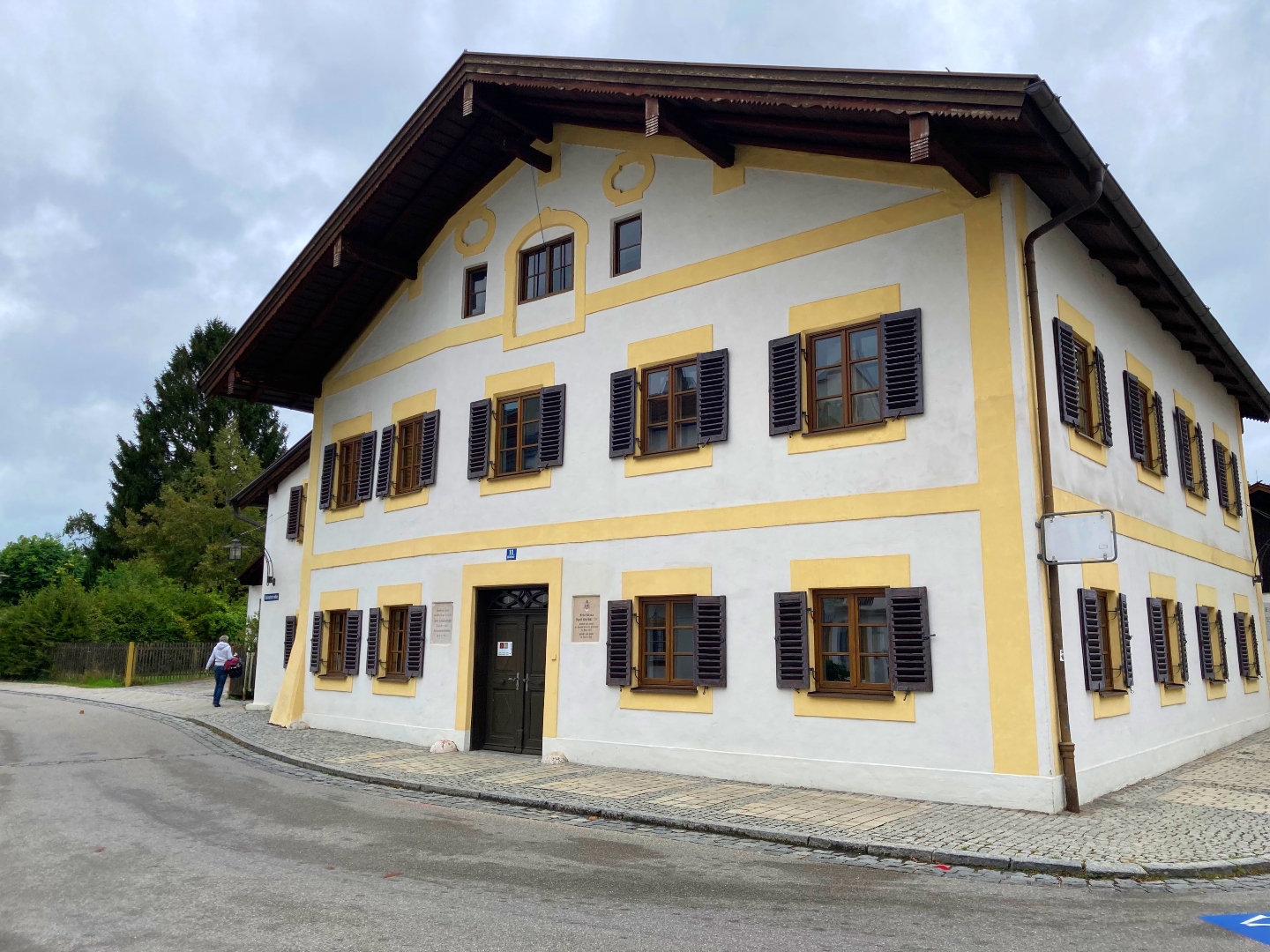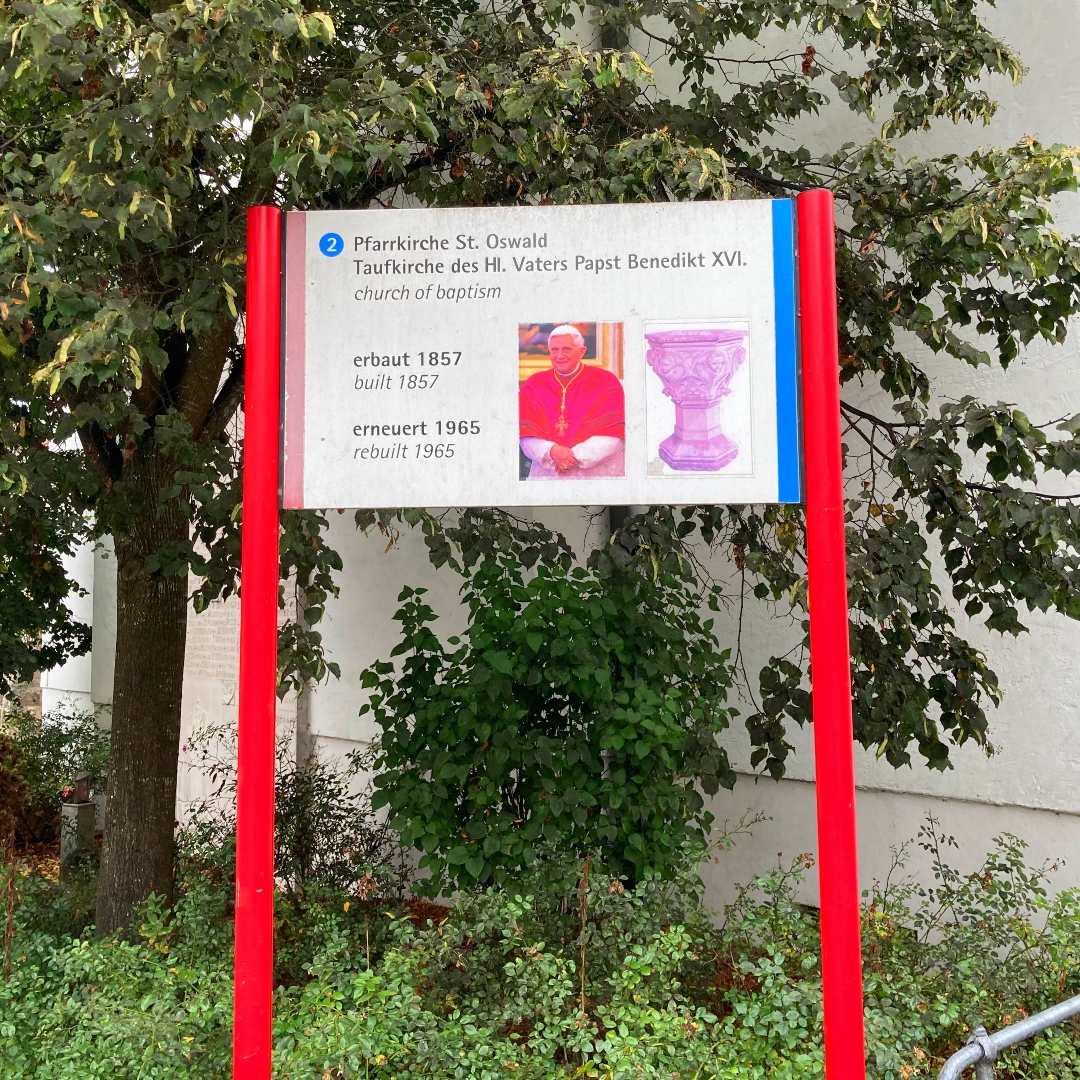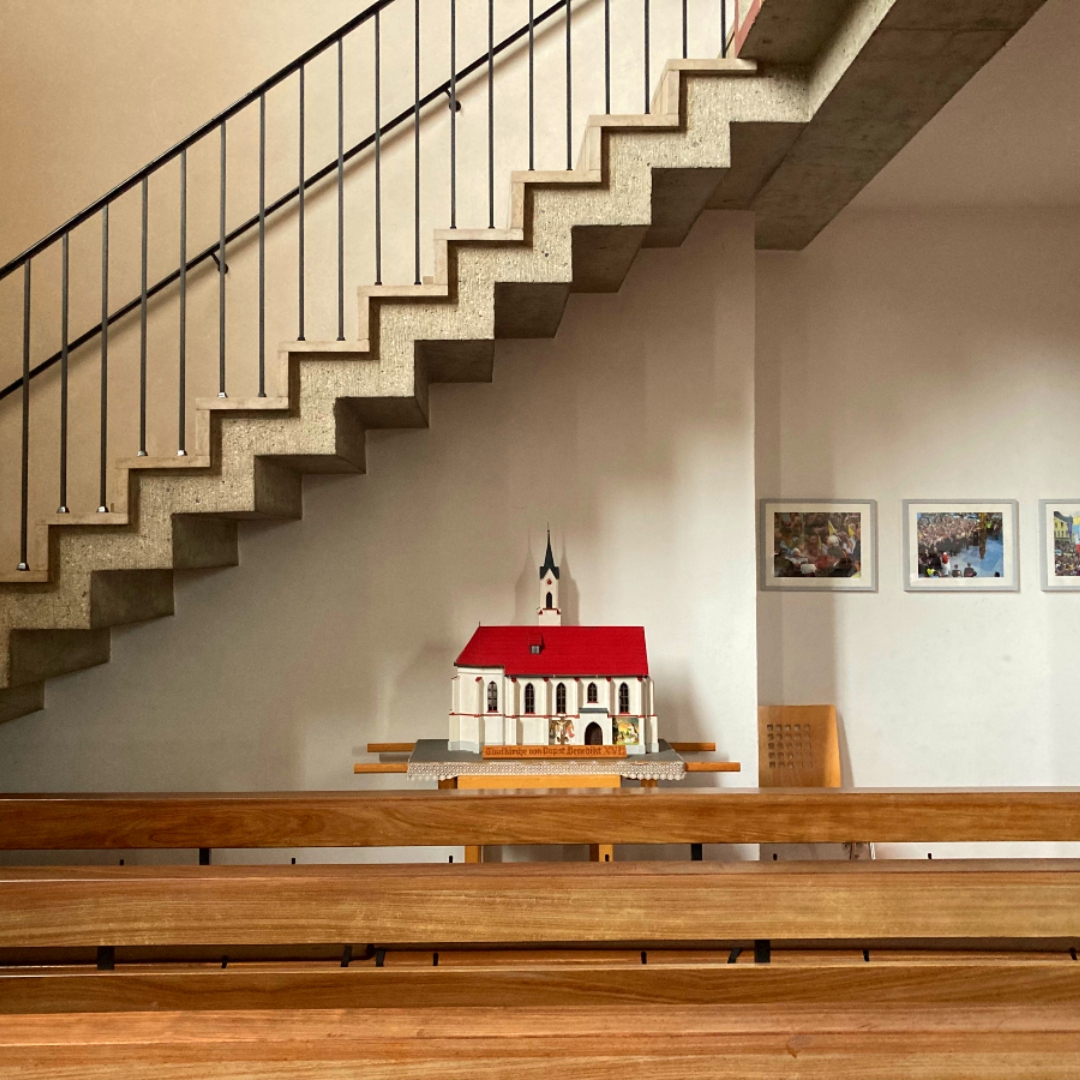Mass on the Rock
Mass on the Rock
It was what the Irish call a ‘soft day.’ Drenching afternoon rain fell after a cold and misty morning. Some among us worried that it might not be worth the effort. It was difficult enough to walk when the ground was dry, never mind through a spooky meadow that rolled under your feet like a ship on the churning sea.
It looked to be quite a distance, too, at the end of what had already been an exhausting day. You’d understand if you yourself had a knee or a hip needing surgery. This group had eight or ten of them. Our hosts, who’d spent the whole wet day in the field preparing for our arrival, did understand. They kindly offered us the church in town to celebrate Mass for any of our pilgrims who felt they couldn’t make their way to the Rock.
Then somebody said, “The rain’s letting up!” Somebody said, “Let’s those of us who feel we can go, let’s give it a try?”
With Father’s encouragement, everyone managed to clamber off the bus and onto a gravel road. At the open fence gate, a young woman smiled and said, “You’re very welcome!” Just beyond her, the farmer took each hand into his own. He inspected our eyes, pilgrim by pilgrim, nodding his personal welcome as if it were a matter of life and death.
For over three hundred years, it was.
We set out across the fields, breathing in the thick green air. We shivered in our raincoats. Most of us had no idea where we were headed. If you knew what to look for, you might be able to recognize the place by an ancient grove of sacred Druid trees perched on the horizon. Eventually our guide pointed out an entrance, hidden among shrubs that grew beneath the trees. We pushed through a narrow opening to discover steep stone steps cut into a muddy hillside.
More than six feet below, the freshly-excavated chapel stretched out in an ell. Heavy cinder blocks were stacked along the sides; new boards were laid on top of the blocks for benches, and boards were laid below for walking across the mud. A pearly grey boulder held the corner. The air surged with aromas: freshly-sawn lumber, damp peat and fertile earth. We felt humbled to see so much labor expended to provide for us.
“Why, they wouldn’t believe we’re Father Flanagan’s people,” someone said, “If we hadn’t had the courage to come!’
The Rock turned out to be a smooth, asymmetrical chunk of granite, nearly three feet tall, and almost five feet in diameter. It sparkled as if it had been scrubbed with rainbows. Atop the boulder stood pictures of our Lord and our Lady on either side of a simple Crucifix.
Father laid his communion kit directly onto this stone altar. He passed the scripture book to the lector and shook off his coat. He vested for Mass right there on the soil among us. He tried to light candles, but they kept blowing out. Worn over only a short-sleeved shirt, his surplice flew in the chilly gale. But the flame of the Holy Spirit glowed in all hearts as he made the sign of the cross to open our liturgy.
While Father distributed Eucharist, three of us together began to sing at the same moment, the same inspired song: “This is holy ground. We’re standing on holy ground, for the Lord is present and where He is, is holy.” Another woman mimed the words for each verse while everybody sang: “He’s given us holy hands. He’s given us holy lips.” Father maneuvered from plank to plank as if he’d never celebrated Mass in any other way.
Stalks of ripened grain in the fields above our heads swayed in the breeze, blessing us like banners. Though we knew we would be invisible from the road, we could almost hear the tramp of soldiers’ feet on the wind. We reflected on Father’s homily, thinking about how many generations of Irish people had gathered for Mass just like this, under penalty of death. They hid below crops they were forbidden to eat, celebrating Eucharist without the luxuries of raincoats, candles or songs.
All that nourished them was the Lord. They did not consider His Feast a meager meal.
When we returned to ordinary time and contemporary place, that luscious green labyrinth still shimmied under our feet. But this time the walk did not seem long.
Three-year-old Michael led the charge to the bus. He scampered across the landscape with a wild flower in his hand. He went spinning around the meadow, cavorting in tall grass under the wide sky.
Every single one of us danced along behind him, all the way back to Ballymoe.
© Copyright 2023 by Margaret Zacharias
Royalty-Free Stock Image Shutterstock_1719546454 Licensed to Pearlpledge82 User ID 289304735 Standard License February 19, 2023
*A previous version of this true story was published in Sunday Bulletin, St. Theresa of the Child Jesus Catholic Church, Diocese of Des Moines, Iowa, 2007; and appears in another form on the author’s website, www.animaviva.com.






